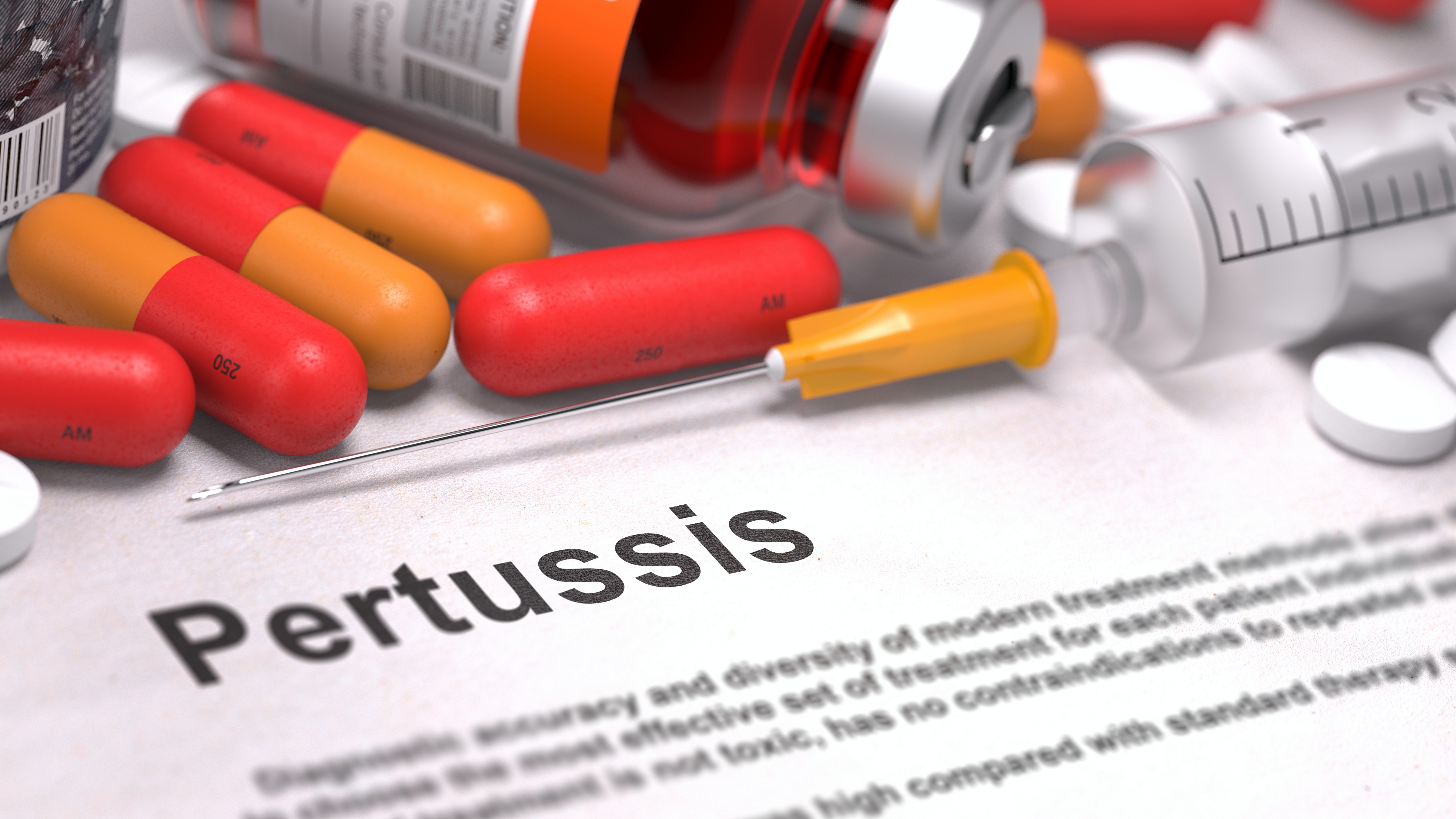-
Featured News
Infectious Diseases A–Z: Pertussis cases increasing

An infant in Minnesota recently died, after being hospitalized for complications related to pertussis.
Reported cases of pertussis, also known as whooping cough, have been on the rise since the 1980s, according to the Centers for Disease Control and Prevention. "Whooping cough is becoming more common, unfortunately, for a variety of reasons–maybe declining vaccination rates or waning immunity from our previous vaccines," says Dr. Tina Ardon, a family medicine specialist with Mayo Clinic. "That’s why we’re encouraging adults to get vaccinated at least once in their adult life. And pregnant women are encouraged to get a tetanus and whooping cough vaccine in their third trimester of pregnancy to help protect their baby, as well."
Watch: Dr. Tina Ardon discusses pertussis.
Journalists: Broadcast-quality sound bites with Dr. Ardon are in the downloads at the end of the post. Please "Courtesy: Mayo Clinic News Network."
"Pertussis is a bacterial infection that can cause upper respiratory symptoms that can be dangerous to our younger patients but also cause a cough that can last several weeks to even months for some of our patients, as well," says Dr. Ardon.
It's referred to as whooping coughing because of the "whooping" sound an infected person makes when gasping for air during a coughing fit.
Anyone can become infected with pertussis; however it can lead to serious complications, even death, for infants under 1. Nearly half of all babies under 1 in the U.S. who have pertussis end up being treated in the hospital. Complications are most serious for babies under 6 months.
Vaccination is the best prevention. There are two types of vaccines available to protect people against pertussis:
- Diphtheria, Tetanus, Pertussis, or DTaP
This vaccine is for children younger than 7 years old. - Tetanus, Diphtheria, Pertussis or Tdap
This vaccine is for older children and adults, including pregnant women.
Related information:
- Mayo Clinic Q and A: Protecting newborns from pertussis
- Mayo Clinic Q and A: Vaccine against pertussis effective, but immunity can weaken







